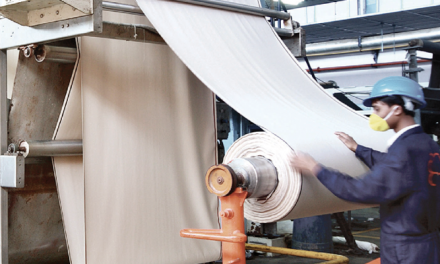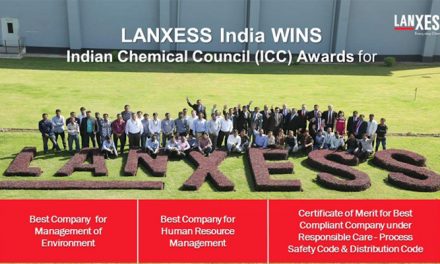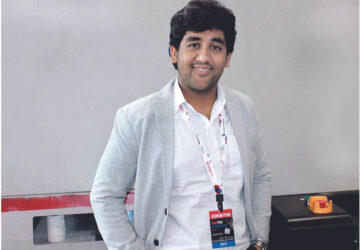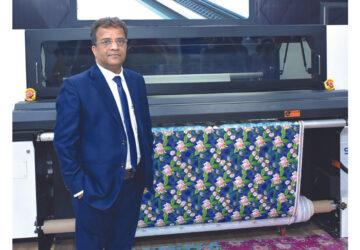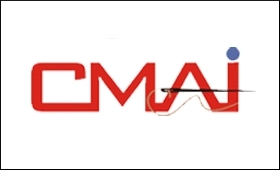
The Clothing Manufacturers Association of India (CMAI) had organised a seminar on labour laws and important acts such as ESI, PF, bonus, and gratuity recently. Speaker Talakshi Dharod, of TR Dharod & Co, a labour and industrial law consultant, focused on the importance of going cashless during the seminar, which saw participation of over 200 members.
“The Indian economy is now moving towards becoming a cashless economy and it is necessary that the apparel industry brings transparency in their business,” said Dharod while addressing the participants at the seminar. Further, he talked about matters related to Employees’ State Insurance Corporation (ESIC), Employees Provident Fund (EPF), and Payment of Wages to Labour among others that provide socio economic protection to employees and their dependents covered the scheme.
ESIS is mandatory when a garment manufacturer has more than 10 employees (gross salary up to Rs. 21,000 p.m.) if not implemented, he could face arrest, said Dharod adding that garment manufacturers are liable to pay 4.75 per cent of the gross salary as their contribution for every employee and deduct 1.75 per cent as the employee’s contribution from the wages bill and pay these contributions to the ESIC. The ESIC benefits that an employee can avail are medical benefit, sickness benefit, maternity benefit, disablement benefit, dependants’ benefit and funeral expenses.
The EPF act is mandatory when the garment manufacturer has more than 20 employees. Where the manufacturer is liable to pay 13.36 per cent of the gross salary as his contribution for every employee and deduct 12 per cent as the employee’s contribution.
During the seminar, Dharod also answered the queries of the participants while talking about the benefits for employees such as accumulation plus interest upon retirement, resignation or death. Partial withdrawals allowed for specific expenses such as marriages, illness, education, etc.



